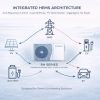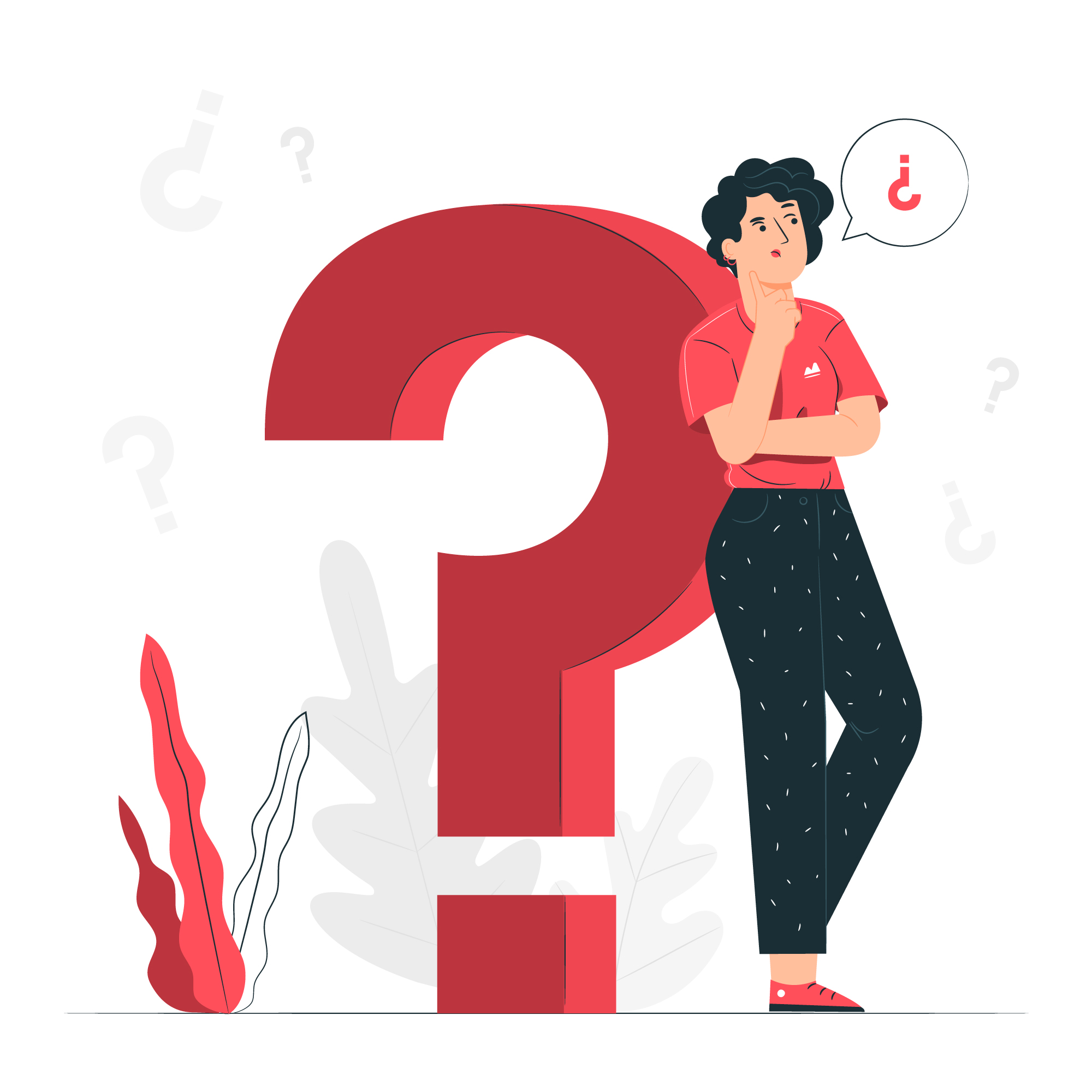This #TechFriday, we’re focusing on something you don’t want to hear—noise. Whether it’s for your home, office, or commercial space, a heat pump should deliver comfort, not a constant hum. That’s why Tongyi’s low noise heat pump R290 series is changing the game.
Quiet Comfort, Proven Performance
The R290 V7R model operates at just 38 dB(A)—quieter than your kitchen fridge. Even the larger V20SR runs at only 46 dB(A). This makes our units ideal for homes, schools, clinics, and anywhere silence matters.
Why Is It So Quiet?
Three key features make Tongyi heat pumps whisper-quiet:
Smart inverter control that adjusts power smoothly and quietly based on real-time needs.
Streamlined fan design that reduces air turbulence and vibration.
Soundproof housing around the compressor and key components.

Real-Life Results
We don’t just test in labs—we test in real homes and buildings. What you hear (or rather, don’t hear) is the result of careful engineering and strict quality control. You get powerful heating and cooling, with almost no sound.
Designed for Urban Living
As cities become denser and noise pollution regulations tighten, the need for quiet HVAC solutions is growing. Tongyi’s low noise heat pump R290 series is specifically designed for urban environments, where heat pumps are often installed close to windows, balconies, or shared walls. With our ultra-quiet technology, homeowners and building managers can enjoy powerful climate control without disturbing neighbors—or sacrificing sleep quality.
More Than Quiet—It’s Smart
Every low noise heat pump R290 unit from Tongyi includes advanced features: dual-zone temperature control, mobile app access, smart scheduling, and automatic defrost. It’s built for modern comfort and effortless energy savings.
Tongyi’s low noise heat pump R290 isn’t just quiet. It’s efficient, smart, and built to last.
Follow us every #TechFriday for more behind-the-scenes tech that makes your home more comfortable. low noise heat pump R290, Tongyi proves that silence is not a compromise—it’s a feature.
Follow us every #TechFriday to learn more about the engineering behind our next-gen heat pumps.












